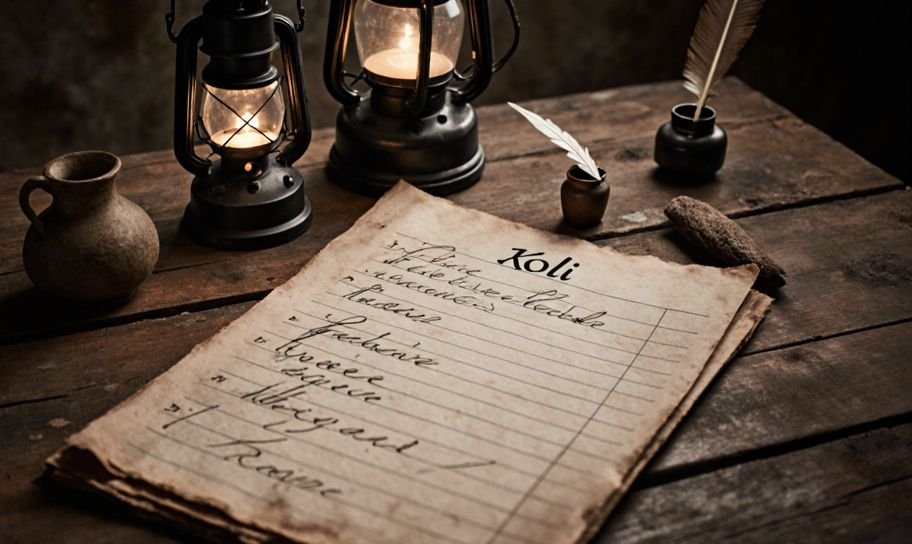
Ajinkya Koltakke and his siblings were denied caste certificates, claiming "Koli Mahadeo" status. The court ruled in their favor, questioning the authorities' decision-making.
Ajinkya, Karan, and Asmita Koltakke, all in their mid-20s, applied for Scheduled Tribe certificates claiming the "Koli Mahadeo" status. Their applications were rejected by the Sub-Divisional Officer in Akola and the Review Committee in Amravati. The reason? A 1947 sale document listed their grandfather as "Koli," not "Koli Mahadeo."
Their initial applications were denied in 2023. An appeal led to a reconsideration, but the rejection was upheld again in 2024. The authorities claimed the siblings didn't meet area restrictions and lacked pre-1950 evidence of their claimed status.
Judges M.S. Jawalkar and Raj D. Wakode reviewed the case. They found that the Sub-Divisional Officer went beyond his role by questioning the validity of the caste claim, which was not his job. The judges emphasized that the officer's role was simply to issue the certificate, leaving verification to the Review Committee.
"The officer went beyond his authority while refusing to grant caste certificates," the judgment noted.
The court referenced similar cases where authorities were found to have overstepped. The judges highlighted that the process should follow the Maharashtra Scheduled Castes and Tribes Act of 2000, which outlines specific roles for each authority.
The court canceled the previous orders and directed the Sub-Divisional Officer to issue the caste certificates within three weeks. The Review Committee was instructed to reassess the case without being influenced by past decisions.
"The decision is final in the above terms," concluded the judges.
This ruling is a significant win for Ajinkya and his siblings. It not only grants them the certificates but also sets a precedent for proper procedure in similar cases. The authorities are reminded to stick to their defined roles, ensuring justice and fairness.